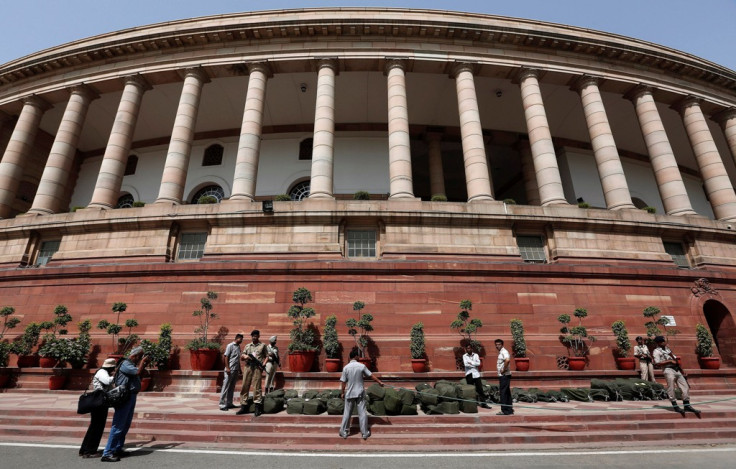India Budget 2014: Arun Jaitley Unveils Measured Approach to Boost Growth

India's Narendra Modi-led government has unveiled incremental measures to boost capital spending in Asia's third-largest economy in its maiden budget, and reassured foreign investors that they will be treated fairly.
The neutral budget, tabled in the lower house of Parliament on 10 July by Finance Minister Arun Jaitley, has raised the limits on foreign investment in defence and insurance sectors from 26% to 49% through the Foreign Investment Promotion Board (FIPB) route which makes sure investments undergo strong scrutiny.
However, the budget continued to prevent non-residents from assuming majority control in projects that can supply weapons to India, the world's leading arms buyer.
Retrospective Taxation
The budget said the government will constitute a high-level committee to review retrospective tax claims blamed for obstructing foreign investments into India, particularly after firms such as Britain's Vodafone were served with massive tax demands.
Jaitley sought to reassure investors by promising a stable tax regime and said the government will not "ordinarily" create new liabilities retrospectively.
He, however, stopped short of ditching the 2012 legislation on retrospective taxation.
Vodafone and India have been embroiled in a multi-billion dollar tax row for over six years, ever since the British firm acquired Hong Kong-based Hutchison Whampoa's Indian mobile assets in 2007.
Jaitley said that ongoing disputes over retrospective tax claims at various courts and "legal fora" will "naturally reach their logical conclusion."
The 2012 legislation overturned a Supreme Court judgment which dismissed Vodafone's tax demand earlier that year.
Deficit Target
Jaitley, in his budget speech, said he had "accepted" the "daunting" budget deficit target of 4.1% of gross domestic product (GDP) for the financial year ending March 2015. The 45-day-old Modi regime inherited the target from the previous Congress-led coalition government.
Dinesh Kanabar, Deputy CEO, KPMG India, said the finance minister's pledge to stick to a fiscal deficit target of 4.1%, against a backdrop of an oil crisis and poor monsoon rains, while 'commendable', appeared 'a bit ambitious'.
GST
Jaitley also said the government hopes to roll out a landmark tax reform to merge India's 29 states into a common market, by December 2014.
Jaitley added that New Delhi will be "more than fair" in its dealings with India's states about how revenue will be allocated under a new GST regime.
Economists have said that the proposed nationwide goods and services tax (GST) will boost revenue, while making it easier to do business in the sub-continent.
Shubhada Rao, chief economist, Yes Bank, said in a note: "Fiscal consolidation is a strong takeaway. The FDI in insurance and defence and the plethora of schemes for improving the rural economy with all round focus on development programmes, are a key thrust. It's a good beginning.
"For the 4.1% target of the fiscal deficit, the heavy lifting may be done by PSU disinvestment and non-tax revenue streams."
Dinesh Thakkar, chairman and managing director, Angel Broking, said: "...Infrastructure, real estate [and the] finance sectors were amongst the biggest winners, with measures to improve funding availability to infrastructure and low-cost housing and providing a boost to REITs and bank infra lending...."
© Copyright IBTimes 2025. All rights reserved.






















